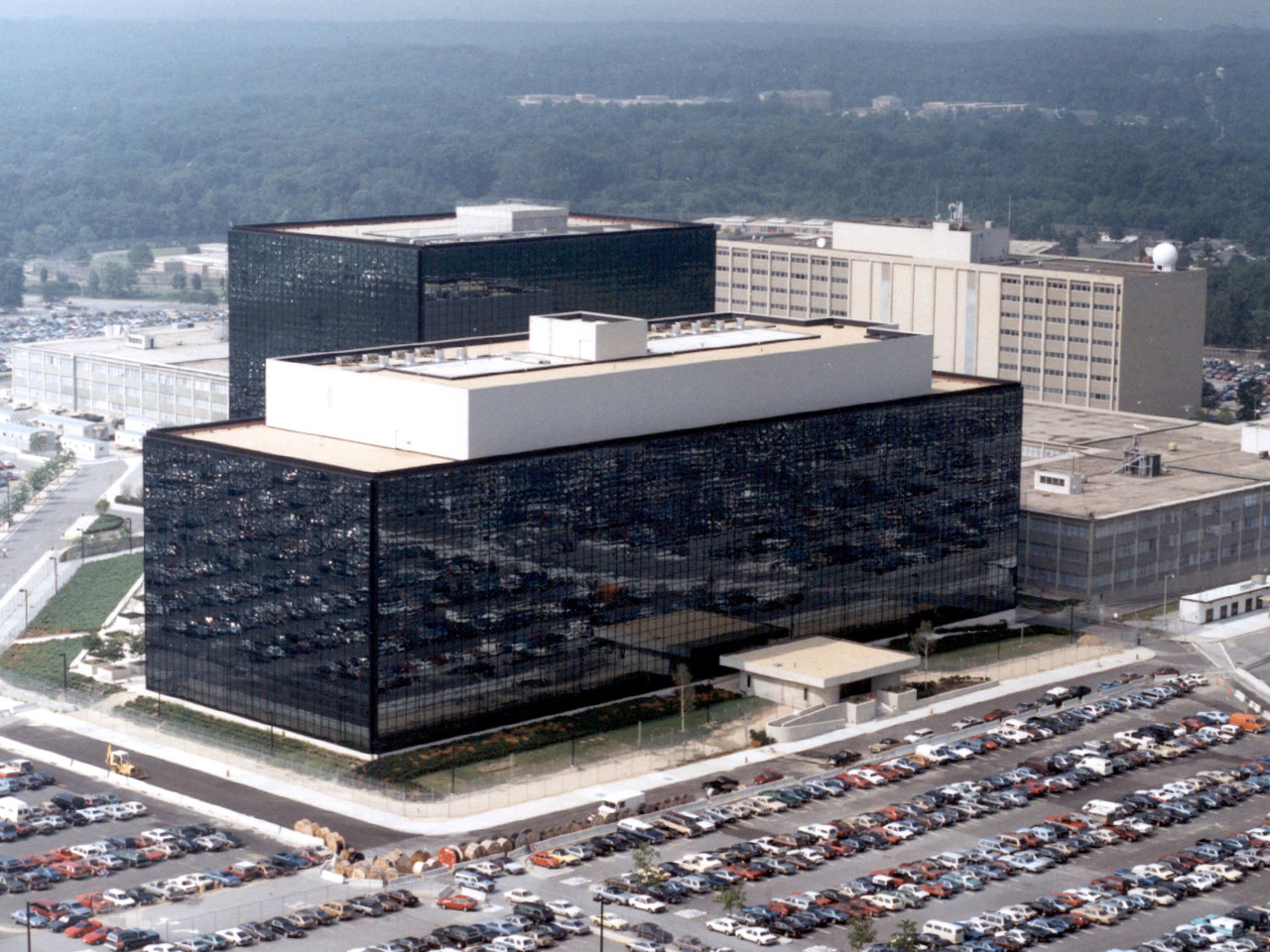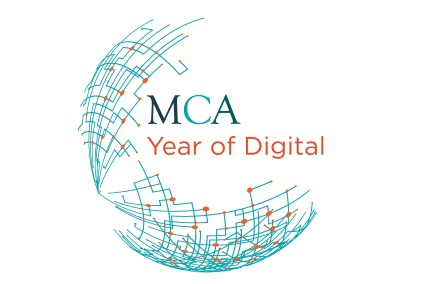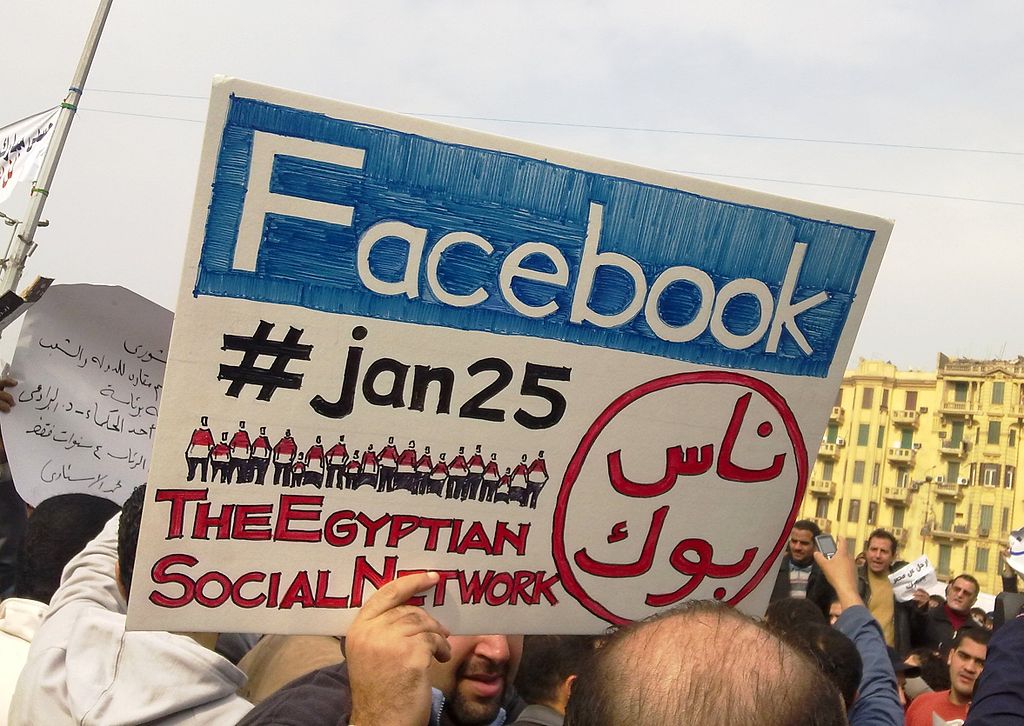How people define digital varies, it’s a term that can mean a lot of things. I think a good way to understand it is as something that helps to reduce “friction” to paraphrase it removes barriers and makes things easier.
Established organisations like digital because it’s made their life easier, it’s easy to monitor what customers buy, it’s easy to predict what to sell them and it’s easy to move into new markets at unprecedented rates. Likewise Start-ups are succeeding at an incredible pace, never before has a small team of programmers been able to generate an apparent $19bn of “value” in a mere four years. Digital has reduced friction in both cases.

The U.S. National Security Agency Headquaters.
As a result, with digital it’s easier to make money but let’s be honest as consumers we get some pretty great things in return; Netflix, Amazon, & Spotify have made our lives easier. They have made it easier to consume.
Can digital do more than drive profits and consumption? I think so.
I think digital has the power to democratise the world. It represents freedom, in my case freedom from the oppression of TV schedules dictating what media I can consume during the limited time period I have available. More poignantly, digital has enabled a nation to do business free from the corruption that had plagued fiscal transaction for so long through the creation of M-Pesa. Twitter and Facebook enabled the repressed to have a voice the rest of the world could hear. These examples represent a very real kind of freedom, all enabled by digital.
At Accenture Digital, it’s my job to help people utilise digital and I want to help ensure its win-win scenario. Of course I need to ensure my clients get something out of it but if their customers don’t then something is going wrong. I want to keep working to make sure digital is helping to improve our world because it’s easy to go the other way.
 Written by Joe Wilde, Consultant at Accenture, for the MCA Year of Digital.
Written by Joe Wilde, Consultant at Accenture, for the MCA Year of Digital.
Lead Image by Essam Sharaf.

